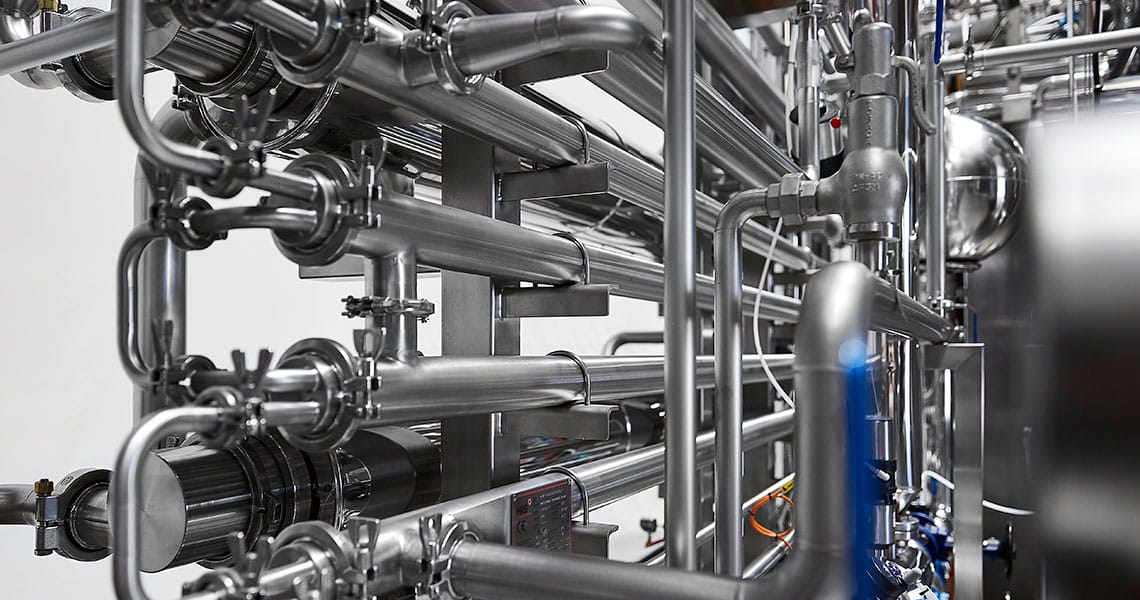The Importance of Product Identity in Heat Exchanger Specification – PART ONE

When it comes to choosing the right heat exchanger, the biggest factor is the nature of the materials being processed and the client’s requirements for the finished product – something that we at HRS refer to as the product identity.
Different materials have different handling requirements, and while the process being undertaken is also an important consideration, product identity is the most important consideration for both the client and our engineers. With materials being handled ranging from simple fluids through to complex viscous liquids, emulsions and materials containing large particles which must remain intact, there is no ‘one size fits all’ solution. That is why HRS produces a range of tubular heat exchangers, from simple multi-tube designs through to scraped surface designs which are capable of dealing with high-fouling materials while maintaining product integrity.
For the simplest fluids, such as milk, smoothies and juices, we have multi-tube designs including the MI Series and the MR Series. As materials become more viscous in nature (such as honey, soups and creams), then we move up through the range using tube-in-tube or annular space designs such as the DTA or AS Series respectively. For the most viscous materials with high fouling potential, you need a scraped surface heat exchanger such as our R Series or patented Unicus Series.
For materials containing particles or pieces, such as compotes or diced fruit, things become more complicated. As a starting point you would use the DTA Series where the inner tube provides more room for the product to flow without damage. If the product contains particles but is also viscous, then the AS Series is a better solution and less susceptible to fouling. However, it does depend on the size of the particles in the product as the annular space in the AS Series is smaller. Therefore, products with large particles require the DTA Series unless they are very viscous.
Nearly all HRS tubular heat exchangers feature our corrugated tube technology which improves heat transfer and efficiency while minimizing fouling, where materials are displaying laminar flow corrugations provide little benefit, and so smooth tubes are used. There comes a point where products may be too viscous to be effectively treated in a tubular heat exchanger. When this occurs, a scraped surface unit will be required and when the product also contains particles as outlined above, such as whole strawberries, then the HRS Unicus Series of reciprocating scraped surface heat exchangers provides the necessary combination of gentle handling while preventing and removing fouling as it occurs.